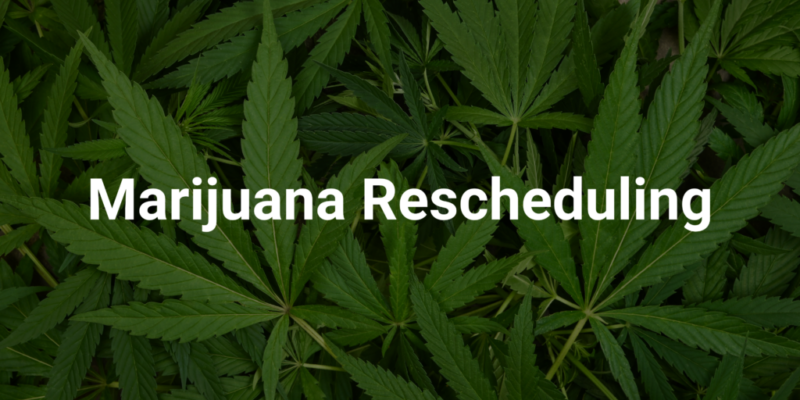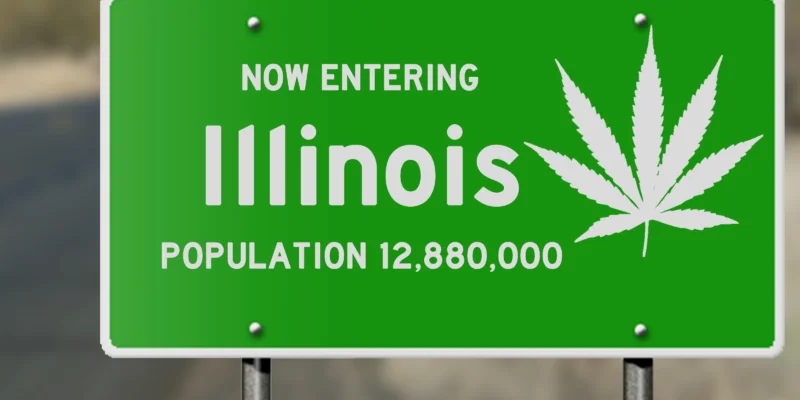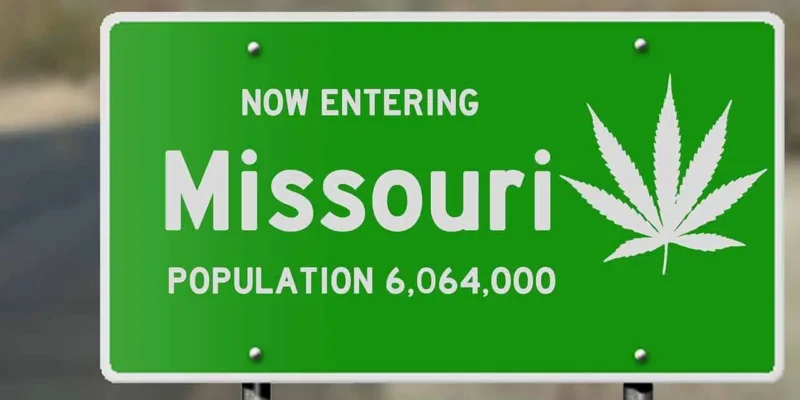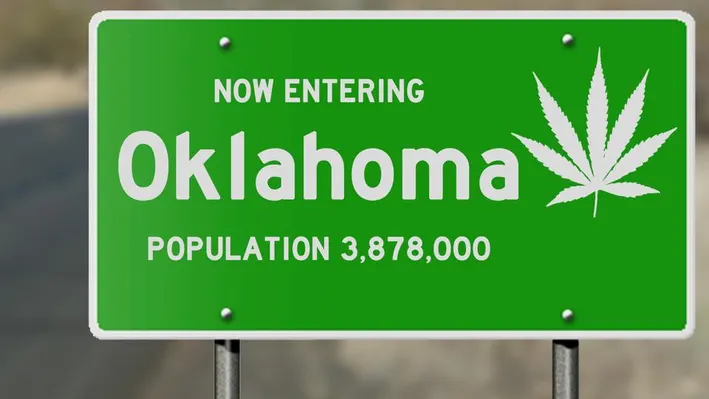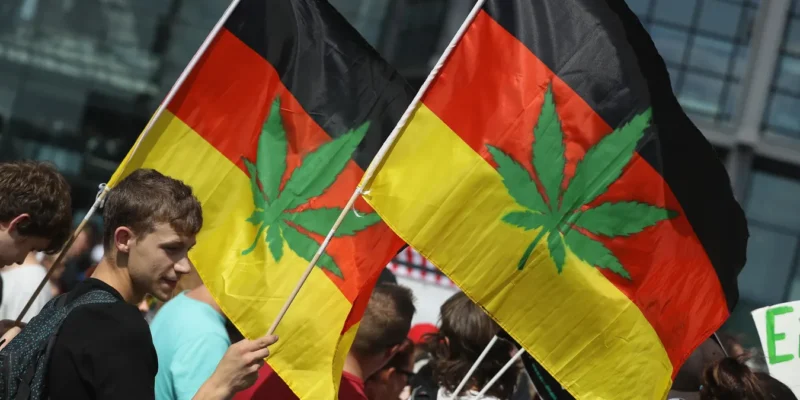In a groundbreaking move with far-reaching implications, the Biden administration has taken a significant step towards reclassifying marijuana as a lower-risk substance. This shift acknowledges the long-overlooked medical benefits of cannabis and signals a pivotal moment for both cannabis-related research and the burgeoning industry at large.
The US Department of Justice (DOJ) has recommended the rescheduling of marijuana as a Schedule III controlled substance. This classification places it alongside prescription drugs like ketamine and Tylenol with codeine, marking a departure from its previous Schedule I categorization, which equated it with drugs like heroin and ecstasy.
Xochitl Hinojosa, the DOJ’s director of public affairs, confirmed the proposal, stating, “Today, Attorney General Merrick Garland circulated a proposal to reclassify marijuana from Schedule I to Schedule III.” This move initiates a formal rule making process outlined in the Controlled Substances Act, a procedure mandated by Congress.
The rescheduling recommendation has garnered bipartisan support, with lawmakers from both sides of the aisle applauding the decision. Republican Representative Nancy Mace of South Carolina described it as “major news for businesses, tax deductions & research barriers,” while Democrat Representative Earl Blumenauer of Oregon hailed it as “one step closer to ending the failed war on drugs.”
For over five decades, marijuana has languished as a Schedule I substance, characterized by its purported lack of medical value and high potential for abuse. However, recent developments indicate a shifting perspective. Following a comprehensive review by the US Food and Drug Administration (FDA) at the direction of President Joe Biden, the Department of Health and Human Services recommended the rescheduling of marijuana to Schedule III.
This recommendation underscores marijuana’s lower potential for abuse compared to substances on Schedules I and II, its recognized medical applications, and its relatively low risk of physical dependence. The National Institute on Drug Abuse has supported this stance, emphasizing the comparatively benign nature of marijuana use in contrast to other illicit substances.
The impending rescheduling holds significant implications for various stakeholders. The burgeoning cannabis industry, which has evolved into a multibillion-dollar enterprise since its inception in 2014, stands to benefit from increased research opportunities and potentially relaxed regulatory constraints. Moreover, the shift could mitigate some of the punitive consequences associated with marijuana-related offenses.
However, it’s crucial to note that despite these advancements, marijuana remains federally illegal. While rescheduling may alleviate certain challenges, such as banking restrictions and tax liabilities, it does not resolve the overarching conflict between federal and state laws regarding cannabis regulation and enforcement.
Nevertheless, proponents view this move as a monumental shift in federal policy—a departure from a century-old stance that has disproportionately impacted marginalized communities. As Andrew Freedman, executive director of the Coalition for Cannabis Policy, Education, and Regulation, observes, “It is rare for the federal government to reverse itself on an issue where it’s had a stance for the last 100 years and arrested countless people for.”
While rescheduling marijuana marks a significant milestone, it represents only one facet of the evolving landscape surrounding cannabis regulation and legalization. As public sentiment continues to shift and lawmakers navigate the complex interplay of federal and state laws, the future of cannabis in America remains as dynamic as ever.


